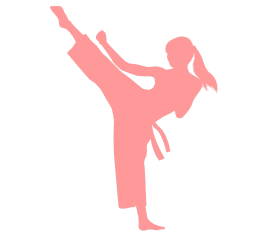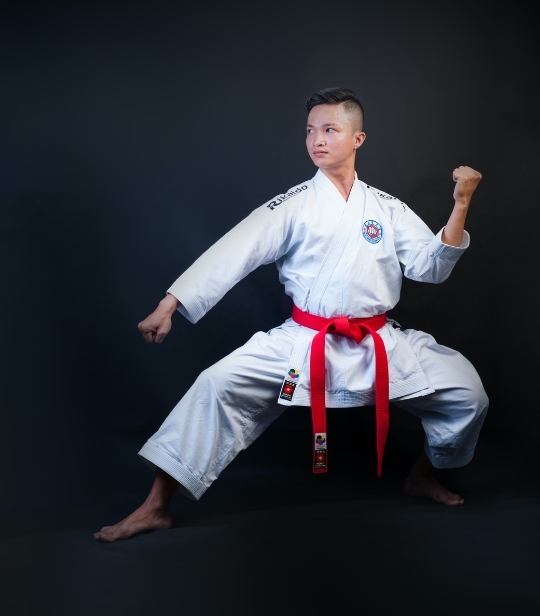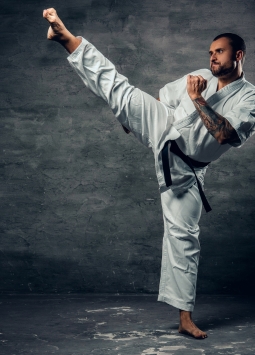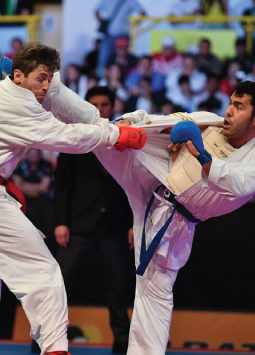


The Art Of Karate
Karate is a traditional Japanese martial art that originated on the island of Okinawa in the early 20th century. It is a striking-based martial art that focuses on self-defense techniques using punches, kicks, knee strikes, elbow strikes, and open-handed techniques. Karate is not only a combat sport but also a way of life, emphasizing discipline, respect, and self-improvement.
Karate practitioners, known as karateka, train in dojos (training halls) and follow a strict code of conduct, known as the Dojo Kun, which promotes values such as humility, integrity, and perseverance. Karate is practiced in various styles, including Shotokan, Goju-Ryu, Shito-Ryu, Wado-Ryu, and Kyokushin, each with its unique techniques, training methods, and philosophies.
Karate competitions, often referred to as karate tournaments, are popular worldwide, with rules and regulations governed by different organizations, such as the World Karate Federation (WKF), the International Traditional Karate Federation (ITKF), and the International Olympic Committee (IOC). Karate competitions typically involve Kumite (sparring) and Kata (forms) as two main disciplines.
Karate offers a wide range of benefits, including physical fitness, self-defense skills, mental discipline, self-confidence, and character development. It is a popular martial art practiced by people of all ages, genders, and backgrounds around the world, both as a competitive sport and as a means of personal development.




